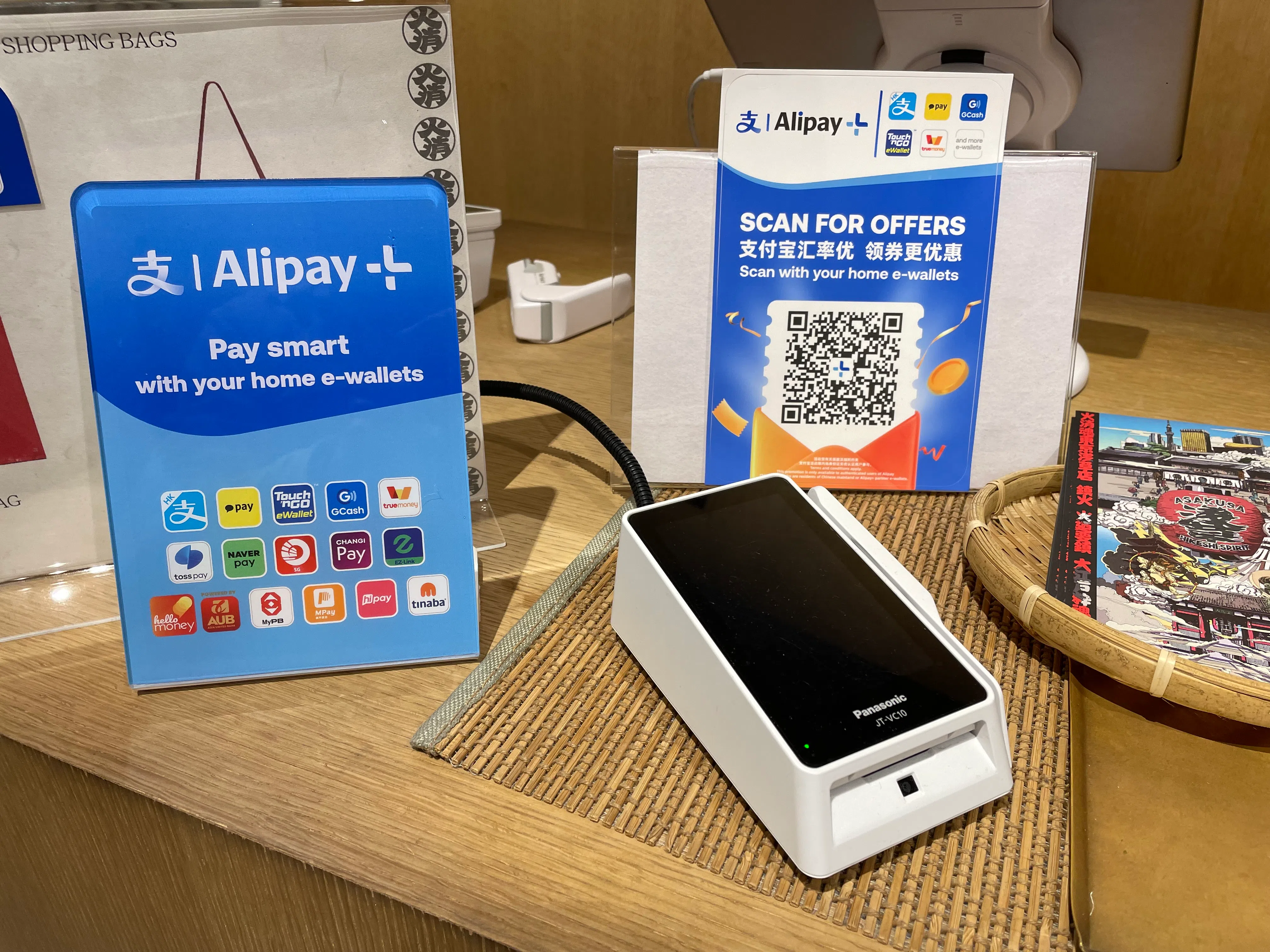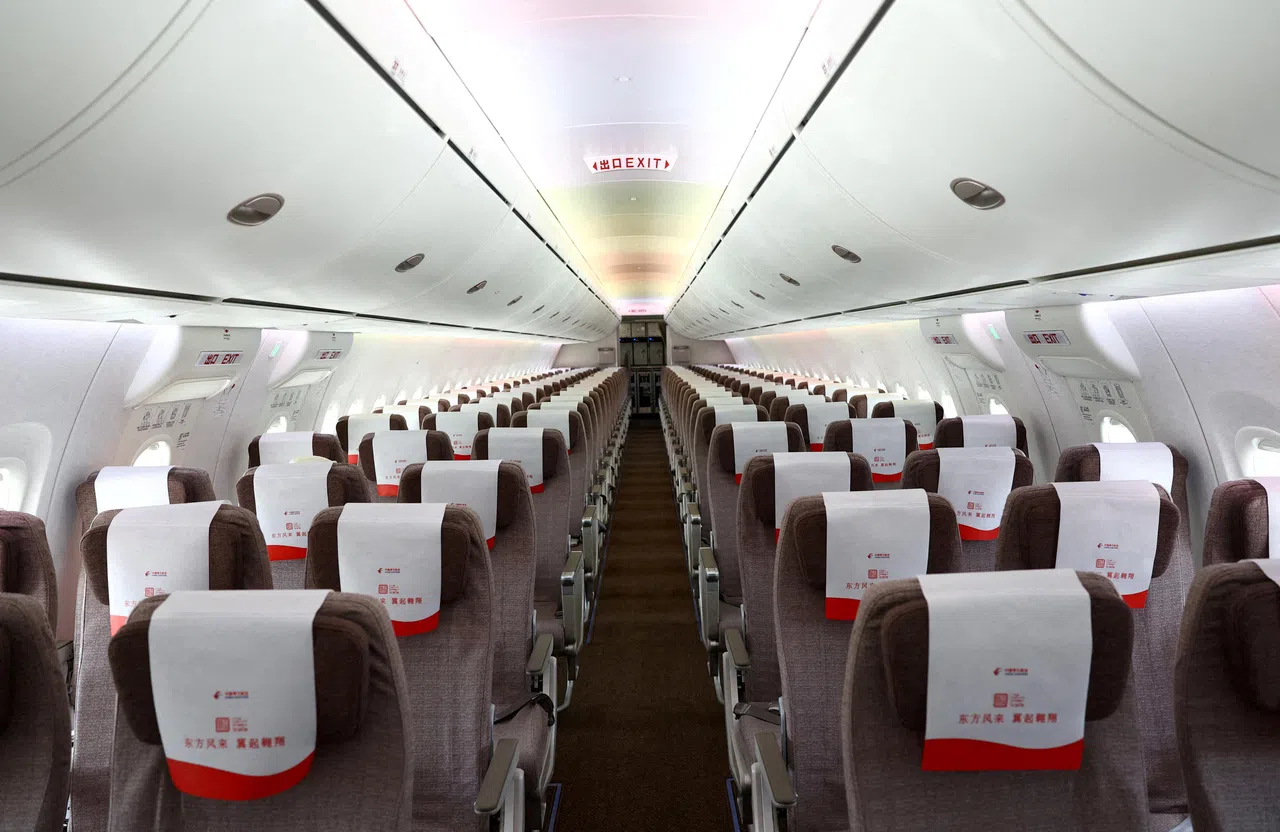[TOKYO] THE Monetary Authority of Singapore’s initiative, Gprnt, will collaborate with Ant International to provide micro, small and medium enterprises (MSMEs) with a technology-enabled sustainability reporting solution.
This will allow MSMEs to simplify sustainability disclosures against basic environmental, social and governance metrics.
The collaboration was announced on Tuesday (Mar 26) as part of the inaugural launch of Programme Sirius, a partnership between 13 Asia-Pacific fintechs, in Tokyo, Japan. Sirius stands for Sustainability Innovation for Regenerative and Inclusive Purpose.
The 13 industry partners hail from 11 economies and include fintechs and banks, such as ANEXT Bank from Singapore, GCash from the Philippines, Kakao Pay from South Korea and TrueMoney from Thailand.
At a press conference with the media on Monday (Mar 25), Gprnt executive director Lionel Wong said that the reporting solution by Gprnt and Ant International will be launched this year.
It will help companies automate their ESG reporting processes, giving end users, such as banks and companies, timely insights to support their sustainability-related decision making.
A NEWSLETTER FOR YOU
SGSME
Get updates on Singapore’s SME community, along with profiles, news and tips.
Gprnt was launched in November 2023 by the Monetary Authority of Singapore, and aims to simplify how the financial sector and real economy collect, access, and act upon ESG data to support their sustainability initiatives.
Wong said Gprnt can drive change by making data available to financial institutions and non-financial institutions that work with companies, such as ewallet and payment providers.
As 70 to 80 per cent of the emissions from large corporation are classified as scope three, refining the accuracy of sustainability reports of MSMEs that serve them will improve the precision of their emissions measurements, he said.
Scope three emissions result from activities that affect a reporting company’s value chain, but are generated from assets not owned or controlled by the company.
“Programme Sirius is a very neatly encapsulated initiative that allows us to have a discussion around how we can get data from multiple providers in multiple countries into the hands of those financial institutions that need that data in order to perform, let’s say a group level or HQ level kind of oversight from a sustainability standpoint,” he said.
He added that one of the challenges of sustainability reporting is in being able to verify ESG data by assigning the right emissions factors to the right context for the production of a product, such as sugar.
Currently, it can be difficult to tell the level of precision by which emissions are calculated for the production of the sugar.
For more precise calculations, products should be tagged with the right emissions factors, such as where the product is manufactured.
Wong said that it is not enough for companies relying on reporting solutions to say that their data is trusted, since such models can produce different outputs even when fed the same data.
“The answer is not to just take somebody’s output as a given because it has been computed.
“You need to go down to the source level data and understand the methodology of how that’s computed and once you are able to see through that, then you can make a decision for yourself, is that something within my parameters of acceptance,” he said.
Wong said that the opportunity to work with Ant International is important because it will serve as a way to test how much data can actually be used to verify SMEs’ sustainability reporting.
“I think that this represents that first step towards seeing, if you are plugged into a digital ecosystem where you are doing business, how much of that can actually be used to inform sustainability reporting and how much of that is truly verifiable,” he said.
Ant International chief sustainability officer Chen Leiming said that the programme is a collective effort of public and private sector players.
This is important because while regulators expect SMEs to react to new requirements, it will be difficult for them to incorporate such practices.
As with the company’s journey with financial inclusion, it wants to do the same for companies on the sustainability front.
”We cannot exclude (MSMEs) because they’re a very important part of the world economy.
“(Sirius) really is a testament to how the private sector and private sector can come together to make changes for MSMEs in the sustainability arena,” he said.
Other initiatives that will be initiated under Programme Sirius include the development of Digital Sustainability Impact Management Toolkits by the International Finance Corporation and Ant International in the next two years.




